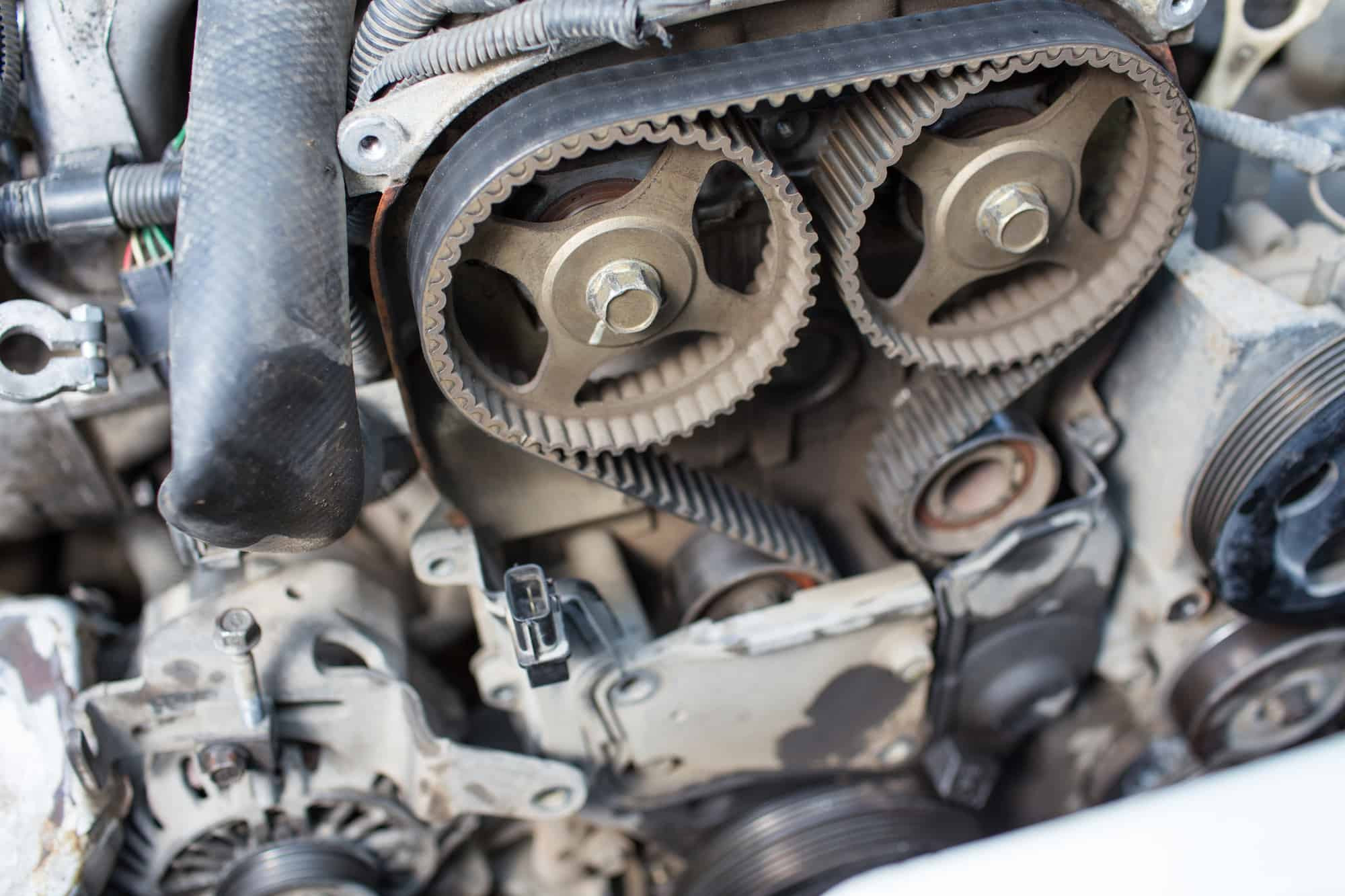A single squealing sound at startup can cost you $5,000 in engine repairs if ignored. That's the harsh reality I've witnessed countless times in my decades of automotive repair work.
Here's what most drivers don't realize: timing belt noises aren't just annoying sounds, they're your engine's desperate cry for help. In interference engines, which make up roughly 60% of modern vehicles, a snapped timing belt doesn't just stop your car. It destroys it. Pistons slam into valves, camshafts bend, and what started as a $400 belt replacement becomes a complete engine rebuild.
I've seen too many customers learn this lesson the expensive way.
The Critical Sounds You Can't Ignore
High Pitched Whining
When you hear that distinctive whining noise emanating from your engine bay, pay attention immediately. This sound typically indicates your timing belt tensioner is failing or the belt itself has stretched beyond acceptable limits. The whining occurs because the belt can no longer maintain proper tension, causing it to slip against the pulleys.
- What to do: Don't wait for it to get worse. Schedule an inspection within the week.
Ticking from the Engine Bay
A persistent ticking sound, especially one that changes with engine RPM, often signals a worn timing belt that's jumped a tooth or two on the sprockets. This creates improper valve timing, and you'll notice reduced engine performance alongside the noise.
- Here's the dangerous part: once a belt starts jumping teeth, complete failure usually follows within days or weeks.
Squealing on Startup
That sharp squealing sound when you first start your car? It's not your serpentine belt, it could be your timing belt crying out. Cold rubber contracts, and a worn belt will squeal as it tries to grip the pulleys during those first few critical seconds of engine operation.
Professional Diagnostic Techniques
The Stethoscope Method
Use an automotive stethoscope to isolate the noise source. Place the probe on the timing belt cover while the engine idles. A healthy belt runs virtually silent. Any clicking, ticking, or grinding indicates immediate attention is needed.
Visual Inspection Protocol
Remove the timing belt cover and examine the belt for:
- Cracking on the tooth side
- Fraying edges
- Oil contamination from leaking seals
- Missing teeth
- Glazed appearance
Pro tip: If you see any of these signs, don't just replace the belt. Investigate what caused the premature wear.
Tensioner Assessment
A failing tensioner creates a cascade of problems. Check for:
- Excessive play in the tensioner arm
- Hydraulic fluid leakage (in hydraulic tensioners)
- Bearing noise from the tensioner pulley
The True Cost of Ignoring These Sounds
Let me be brutally honest about the financial reality. A preventive timing belt replacement costs $200 - 800 depending on your vehicle. But when that belt snaps in an interference engine, you're looking at $2,500 - 5,000 for repairs. Sometimes more.
I've diagnosed engines where the repair costs exceeded the vehicle's value. Don't let your car become another statistic.
Immediate Action Steps
If you hear timing belt noise:
- Reduce driving immediately. Don't take long trips or push the engine hard.
- Schedule professional diagnosis within 48 hours. These problems accelerate quickly.
- Check your maintenance records. Most timing belts need replacement every 60,000 - 100,000 miles.
- Don't attempt DIY diagnosis beyond visual inspection. Timing belt work requires precision.
When Professional Help is Non - Negotiable
Some automotive repairs can wait. Timing belt issues cannot. The difference between a $500 repair and a $5,000 disaster often comes down to days, sometimes hours.
If you hear any unusual noises from your timing belt area, treat it as an emergency. Your engine's life and your wallet depend on quick action.
Remember: in my experience, timing belt failures rarely give you a second chance. The first warning sound you hear might be your only warning.

Comments (0)
Please login to join the discussion
Be the first to comment on this article!
Share your thoughts and start the discussion